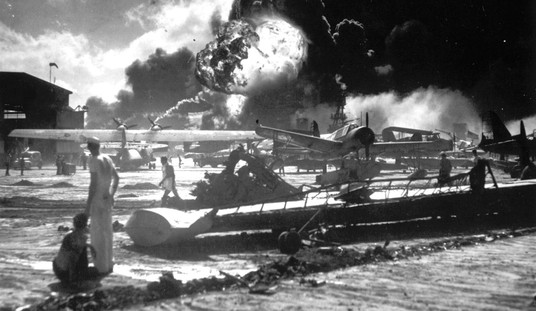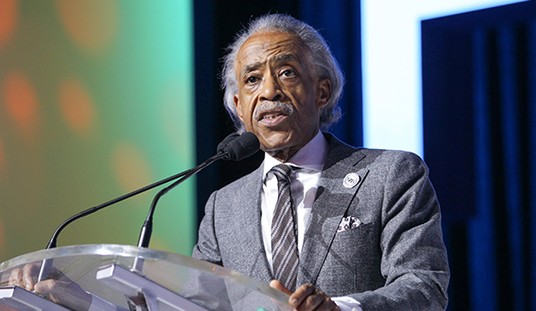This is exactly the nightmare scenario that has kept policymakers awake at night since the Syrian civil war began.
Last Wednesday, Syria fired a mortar shell that hit a Turkish border town, killing 5 civilians. Since then, both sides have exchanged artillery fire as Prime Minister Erdogan promised that Turkey would defend its people:
“One time is an accident … but how can this be an accident, when it happens eight times?” Erdogan said.
“The Turkish republic is a state capable of defending its citizens and borders. No country should dare test our determination on this,” he warned.
Syria has ignored that warning and fired another barrage into Turkey today.
Both Syria and Turkey on Saturday denied that Syria had pulled its forces back six miles from the border to avoid provoking Turkey, as the Turkish news media had reported a day earlier. Rebels have long wanted a buffer zone along the border.
Rebel activity was heightened along the border area in Syria’s Idlib Province on Saturday, according to antigovernment activists who said rebels had seized the Syrian village of Khirbet al-Jouz, not far from where the mortar shell landed in a field in the Turkish village of Guvecci. Rebels also claimed to have seized a checkpoint at Darkush, also in the border region.
It was unclear whether rebels were taking advantage of a moment of Syrian restraint or hesitation, or simply building on gains in the area, where government forces are absent from large swaths of territory.
Meanwhile, a prominent advisor to President Assad has been named an agent provocateur in a bizarre plot to incite sectarian strife in next door Lebanon:
The adviser, Buthaina Shaaban, was frequently a spokeswoman for the government during Mr. Assad’s early years in office, when he was portraying himself as a reformist. It was impossible to immediately confirm the accusations, and Syria made no statements on the matter.
The Daily Star and MTV television reported that intelligence officials say they have evidence from phone records that Ms. Shabaan was involved in a plot with Michel Samaha, a former Lebanese government minister who was arrested in August. Mr. Samaha was accused of transporting explosives to be used to assassinate Lebanese political figures in what authorities in Lebanon said was a Syrian scheme to instigate sectarian conflict in Lebanon.
Lebanon, already a tinderbox as Sunnis have lined up to support the rebellion and Hezbollah is backing Assad, has seen regular clashes in the streets between the two sides.
Neither Syria or Turkey wants war. Assad would be unable to fight an insurgency and the modern, NATO supplied army of Turkey. Erdogan knows that any conflict with Syria would make his refugee problem even more unmanageable.
But the problem with military action is that it sometimes has a tendency to take on a life of its own and spiral out of control. The best intentions of both sides might not be enough if an incident sparks a wider conflict that could consume the region.










Join the conversation as a VIP Member